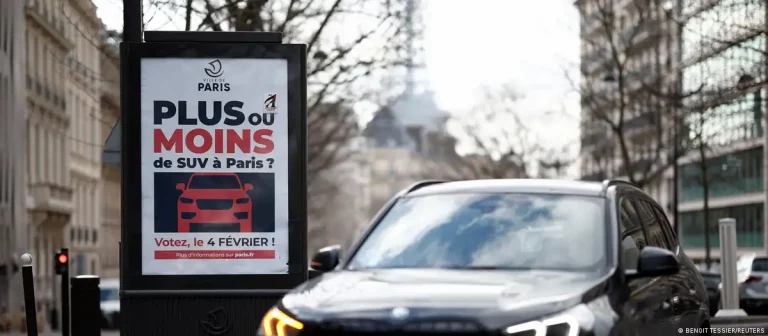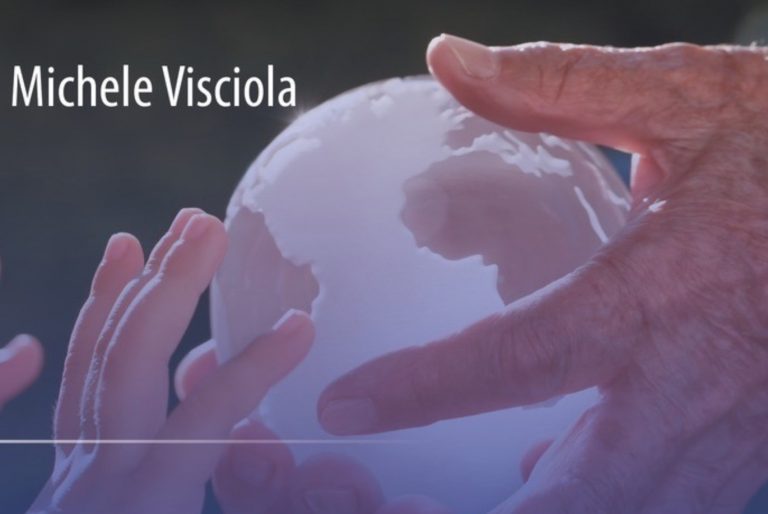The future of lying

Someone told Intel’s futurist Brian David Johnson that technology could do away with all lying in the future. He was horrified by the idea and wrote this:
The Future of Lying – Can society survive if computers can tell fact from fib?
“There are really two kinds of untruths. First, you have the bad lies, the ones we tell to actively deceive people for personal gain. These are the lies that hurt people and can send you to jail. At the other end of the spectrum are the white lies, the little lies we tell to just be nice—“social lubricant,†as Tony puts it. “It’s like when you bump into someone and say, ‘Oh, I’m sorry.’ You’re really not sorry, but you say it so you can both just move on. These kinds of lies just keep our days moving forward. They keep the friction down between people so that we can get done what we need to do in a world full of people.†You know, the kind of fibs that keep us humans from killing one another.
Between deception and comfort lies a vast expanse of bullshit. Bullshit isn’t lying. Princeton professor Harry Frankfurt explains in his book On Bullshit that the bullshitter’s intention is neither to report the truth nor to conceal it. It is to conceal his or her wishes. Bullshit can be the gray area between doing harm to someone (taking advantage) and making them feel better (white lies). It comes down to a question of intent. Are you bullshitting to be nice, or are you bullshitting to deceive and gain an advantage?
This Liars’ Landscape is helpful because it makes us examine how we could use technology to make people’s lives better while at the same time not making them less human.”



